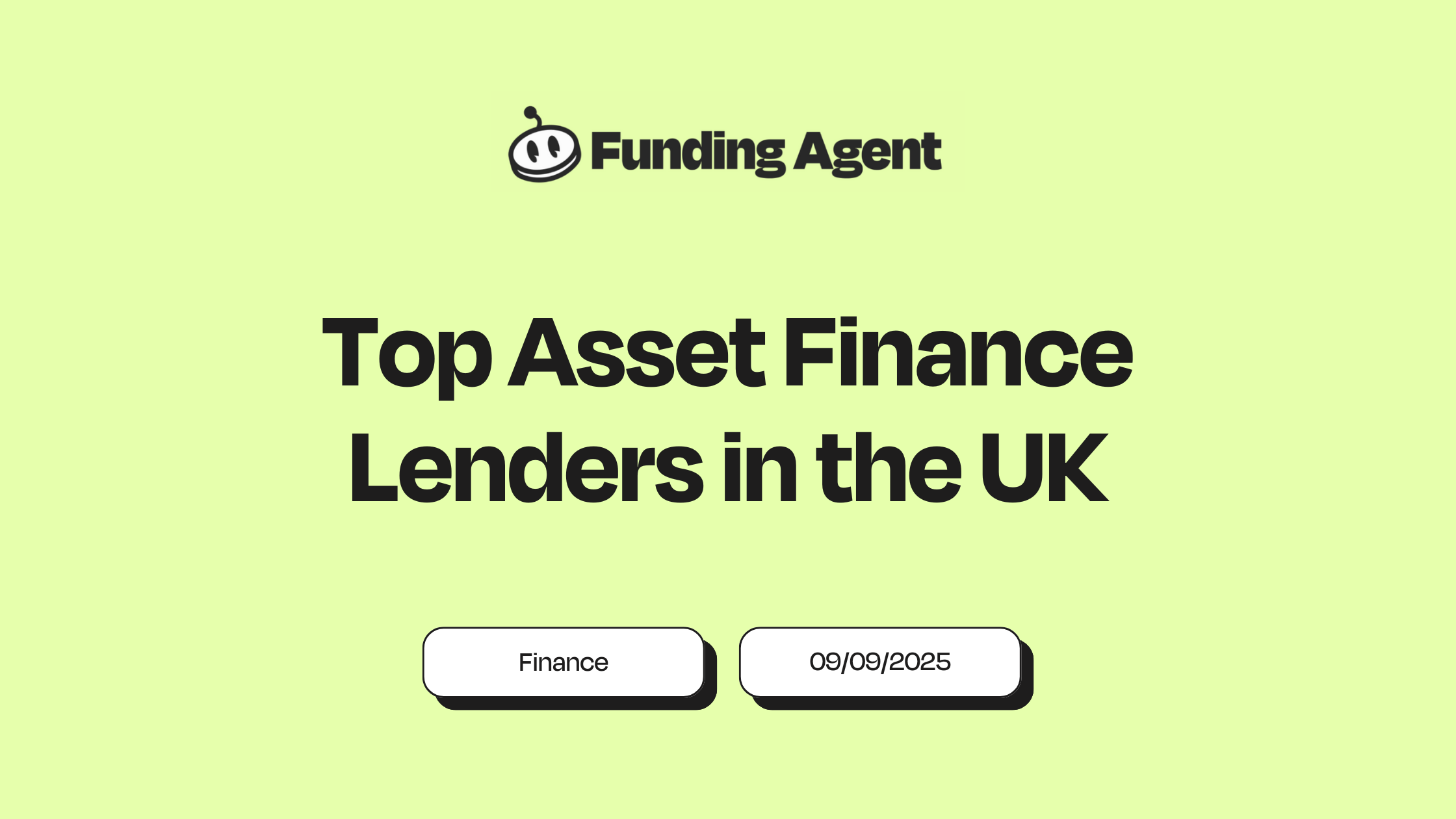Understanding Saas Finance: Key Insights and Strategies
SaaS Finance refers to financial products and solutions tailored for Software as a Service (SaaS) businesses. These solutions cater to unique needs such as recurring revenue, subscriptions, and cash flow management, providing SMEs with the necessary working capital and resources to grow and scale their operations. With options like invoice factoring, SaaS businesses can effectively bridge cash flow gaps, ensuring steady growth without equity dilution.
- Quick and easy application process
- Loan disbursed within 24 hours
- No additional charges for early repayment

What are the Benefits of Saas Finance?
The primary benefits of SaaS finance include improved cash flow management, support for business growth without relinquishing equity, and quick access to capital to leverage growth opportunities. These solutions typically range from £10,000 to £2,000,000 with decision times of 1 to 3 weeks, making them ideal for rapidly growing SaaS enterprises looking to stay competitive.



SCALE YOUR BUSINESS TO NEW HEIGHTS





Different Types of Saas Finance
Recurring Revenue Financing
For SaaS businesses with consistent recurring revenue, typical amounts range from £10,000 to £2,000,000 over 6 to 36 months, with eligibility for those with 6-12 months of subscription revenue.
SaaS Equipment Financing
Available for SaaS businesses needing specialized equipment, with typical financing amounts of £5,000 to £500,000 and terms of 12 to 60 months.
Invoice Factoring for SaaS
Designed for businesses with outstanding invoices, providing £10,000 to £1,000,000 with variable terms based on invoices.
What is Saas Finance

Application Process & Decision Timescales
SaaS financing applications start with an online submission detailing financial history and forecasts. Typically, initial decisions occur within 1 to 3 weeks. Funds become available 1 to 2 weeks post-approval, ensuring speedy access to capital in necessary times.

Regulations and Compliance
All SaaS finance products must comply with UK Financial Conduct Authority (FCA) regulations, ensuring transparent terms and fair treatment. Our expertise in handling compliance means we ensure all transactions maintain stringent regulatory standards.

Borrowing Capacity and Rates
Borrowing amounts range from £5,000 to £2,000,000, influenced by revenue consistency and business creditworthiness. Rates typically range from 6% to 20% APR. Understanding factors like revenue stability can affect your rate, helping tailor competitive offers to meet your growth needs.
FAQ’S
DIVE DEEPER

We Like To Keep Things Simple



to
£500K
zero hidden fees





.png)

